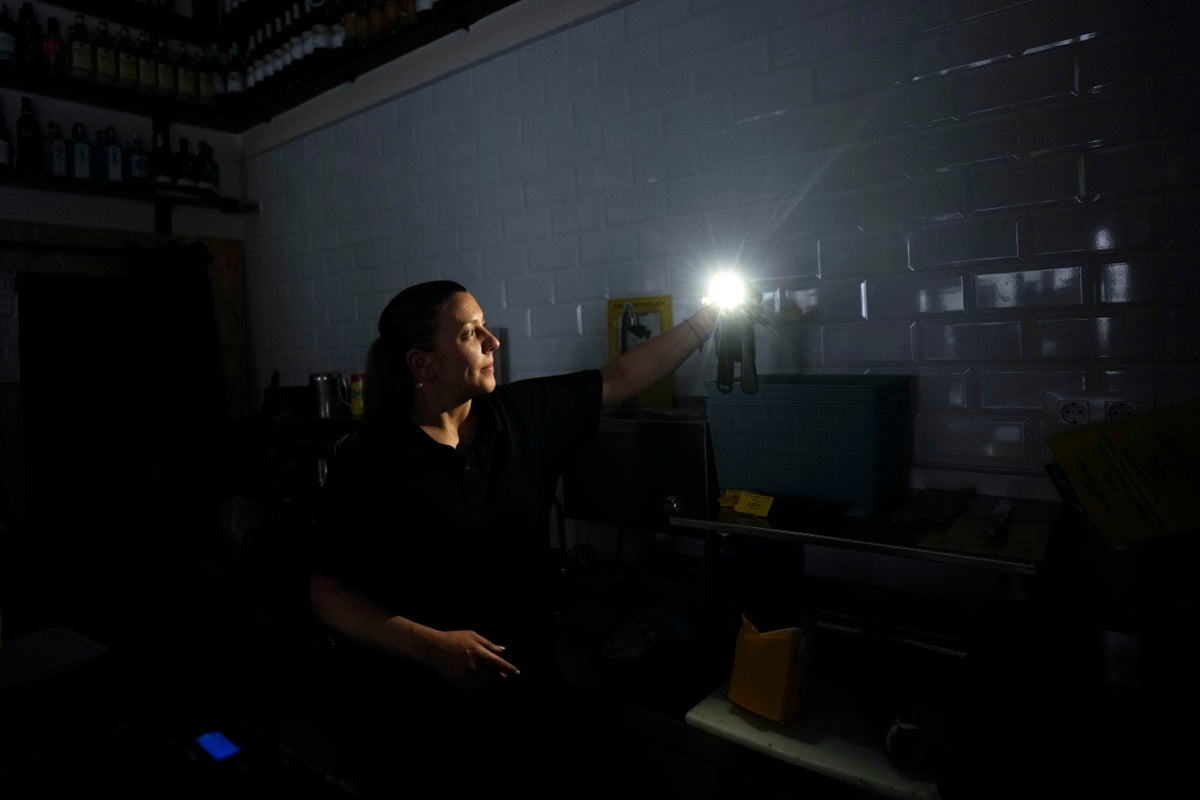Since its introduction in 2018, the UK’s sugar tax, officially known as the Soft Drinks Industry Levy, has sparked fierce debate over whether it actually helps reduce obesity or just adds pressure to household budgets.
Originally applied to fizzy drinks with high sugar content, the levy prompted many manufacturers to reformulate products, leading to a 46 per cent reduction in sugar levels across the soft drinks sector.
Now, the government is consulting on expanding the tax to include milk-based drinks like milkshakes and pre-packaged lattes, as well as non-dairy alternatives such as oat and rice drinks.
Officials argue that the health risks posed by high sugar consumption outweigh earlier concerns about calcium intake, particularly for children. Supporters say the tax is a practical tool to improve public health and incentivise companies to cut sugar even further.
Critics, however, warn it’s a regressive move that hits lower-income families the hardest and does little to tackle the root causes of obesity.
Home Secretary Yvette Cooper insists the government is focused on “sensible measures” to protect children’s health, while others, including opposition figures and some industry leaders, argue it’s another example of overreach that interferes with personal choice.
The Treasury says the levy has raised £1.9 billion to date, but as consultations continue, the big question remains: has the sugar tax really worked?
What do you think? Vote in our poll and share your thoughts in the comments below.

.png?trim=0,0,0,0&width=1200&height=800&crop=1200:800)

